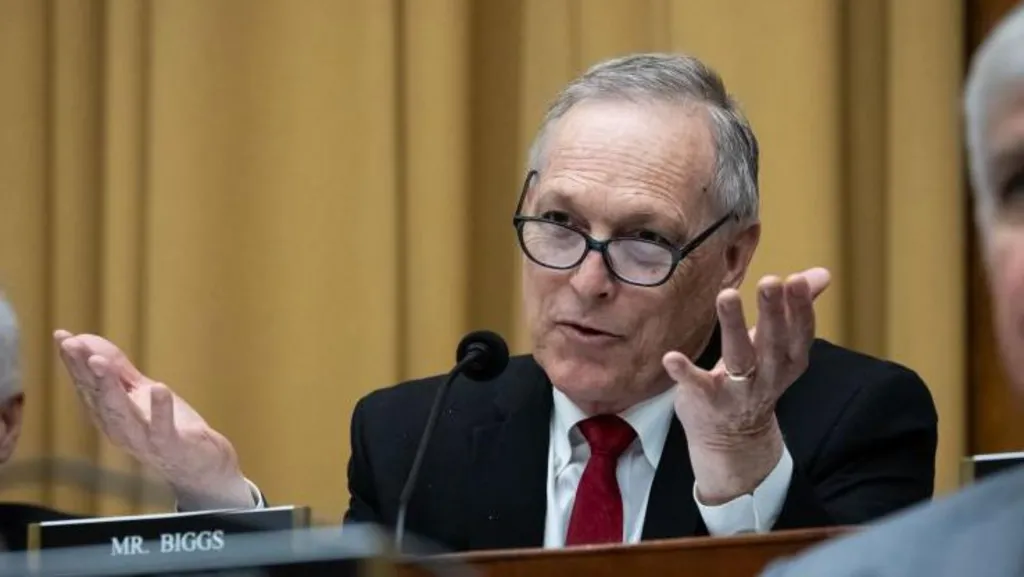|
Getting your Trinity Audio player ready...
|
Two US lawmakers have slammed the UK government’s request for access to encrypted data stored by Apple users worldwide, calling it a “dangerous” and “shortsighted” move that threatens global cybersecurity.
Senator Ron Wyden and Congressman Andy Biggs have urged US intelligence director Tulsi Gabbard to issue an ultimatum: back down or face serious consequences. The demand, made under the UK’s Investigatory Powers Act, has sparked fears of weakened privacy and increased vulnerability to espionage.
What Is the UK Asking For?
The UK government is seeking access to data stored using Apple’s Advanced Data Protection (ADP), an opt-in service that uses end-to-end encryption. Under ADP, only the account holder can access their data—not even Apple can view it.
The request, made under the Investigatory Powers Act, would compel Apple to provide law enforcement agencies with access to encrypted data. While the UK insists it would target only specific accounts for national security reasons, critics argue that creating a backdoor would undermine encryption globally.
US Lawmakers’ Strong Response
Senator Wyden and Congressman Biggs have written to US intelligence director Tulsi Gabbard, warning that the UK’s demand could:
- Undermine Americans’ Privacy: A backdoor in Apple’s encryption would expose US users to espionage by adversaries like China and Russia.
- Threaten Cybersecurity: Federal, state, and local government agencies rely on Apple’s secure products for sensitive data.
They urged Gabbard to reevaluate US-UK cybersecurity arrangements and intelligence-sharing programs if the UK does not back down.
Why Is This a Global Concern?
Apple does not create country-specific versions of its encryption software. This means any backdoor built for the UK would also exist in products used by Americans and others worldwide. As Wyden and Biggs stated:
“If Apple is forced to build a backdoor in its products, that backdoor will end up in Americans’ phones, tablets, and computers.”
Privacy advocates, including Privacy International, have called the UK’s request an “unprecedented attack” on individual privacy.
Apple’s Stance: Privacy as a Human Right
Apple has consistently defended user privacy, calling it a “fundamental human right.” The company has previously stated it would withdraw encryption services like ADP from the UK market rather than comply with government demands to weaken security.
This stance echoes similar moves by other tech giants. For example, WhatsApp, owned by Meta, has said it would rather be blocked in a country than compromise message security.
A History of Encryption Battles
This isn’t the first time governments have clashed with tech companies over encryption:
- 2016: Apple resisted a US court order to unlock the iPhone of a gunman. The FBI eventually accessed the device without Apple’s help.
- 2020: Apple refused to unlock iPhones used by a mass shooter at a US air base. The FBI later gained access independently.
These cases highlight the tension between national security and individual privacy—a debate that continues to evolve as encryption technology advances.
What’s Next?
The UK’s demand raises critical questions about the future of encryption and privacy:
- Will Apple comply, or will it withdraw ADP from the UK market?
- How will this impact US-UK cybersecurity cooperation?
- Could other countries follow the UK’s lead, further eroding global privacy protections?
Conclusion:
The UK’s request for access to Apple’s encrypted data has ignited a fierce debate over privacy, security, and government overreach. As US lawmakers push back and Apple stands firm, the outcome of this standoff could set a precedent for how governments and tech companies navigate the delicate balance between security and privacy in the digital age.



